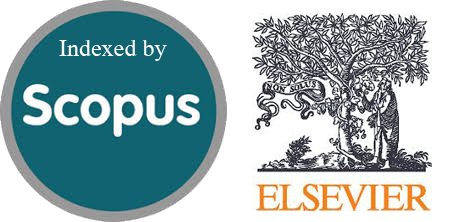Sustainable Potato Production in Desert Agriculture: Water, Soil, and Climate Adaptation Approaches
Keywords:
Potato value chain, Arid and desert agriculture, Water management strategies, Soil health and microbial diversity, Biofertilizers, Sustainable farming practicesAbstract
The potato (Solanum tuberosum L.) is the fourth most important food crop globally and a key contributor to food and nutritional security. However, its cultivation in arid and desert regions is constrained by severe challenges, including high temperatures, water scarcity, soil salinity, and reduced microbial diversity. This review synthesizes recent advances in sustainable farming practices and their potential to enhance potato productivity under desert conditions. Key strategies include climate change adaptation through optimized planting schedules and stress-tolerant varieties, water management practices such as drip and deficit irrigation, and the use of treated wastewater. Soil health restoration via organic amendments, microbial inoculants, and biofertilizers plays a critical role in nutrient cycling and stress tolerance. Additionally, eco-friendly pest management and the exploitation of genetic diversity enhance crop resilience against biotic and abiotic stresses. Desert-grown potatoes often exhibit unique nutritional and biochemical profiles, shaped by environmental stresses that stimulate antioxidant production. Strengthening the potato value chain in desert agriculture—from input supply to processing and marketing—remains vital for food security and rural livelihoods. While promising advances are being made, further research is needed to close knowledge gaps on plant–microbe interactions, the long-term impact of biofertilizers, and socio-economic implications of adopting sustainable practices
Downloads
Published
Issue
Section
License
Copyright (c) 2025 WSEAS Transactions on Environment and Development

This work is licensed under a Creative Commons Attribution-NonCommercial-ShareAlike 4.0 International License.
Author(s) and co-author(s) jointly and severally represent and warrant that the Article is original with the author(s) and does not infringe any copyright or violate any other right of any third parties and that the Article has not been published elsewhere. Author(s) agree to the terms that the WSEAS Journal will have the full right to remove the published article on any misconduct found in the published article.




